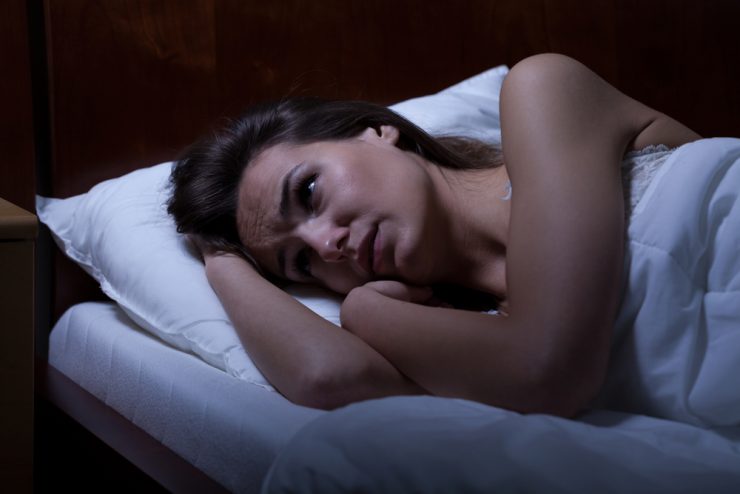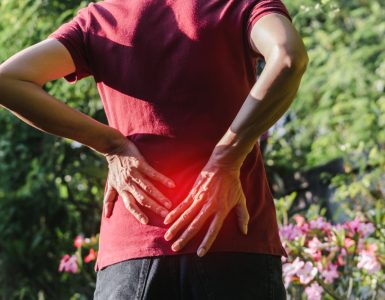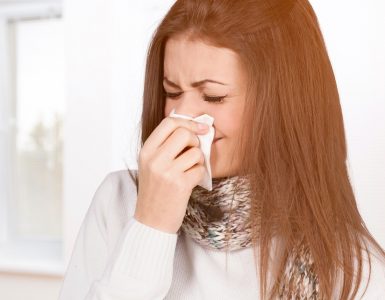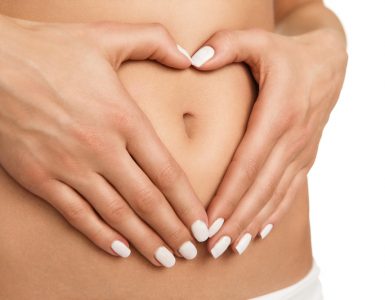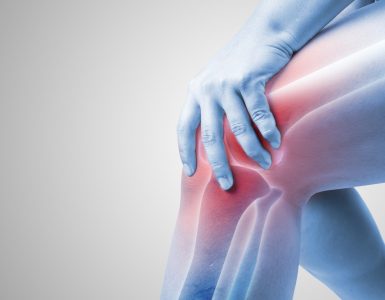Can’t sleep? We all have trouble sleeping at one time or another in our lives. This can be caused by stress or worry, or even drinking too much coffee before bedtime. This is usually a normal and temporary occurrence. However, if you cannot sleep on a regular basis, you may be suffering from a sleep disorder.
Sleep disorders affect millions of people in the UK and include snoring, sleep apnoea, insomnia, sleep deprivation and restless legs syndrome. Sleep disorders can cause more than just a feeling of fatigue the next day: regular lack of sleep can affect your health and needs to be addressed.
Common sleep disorders
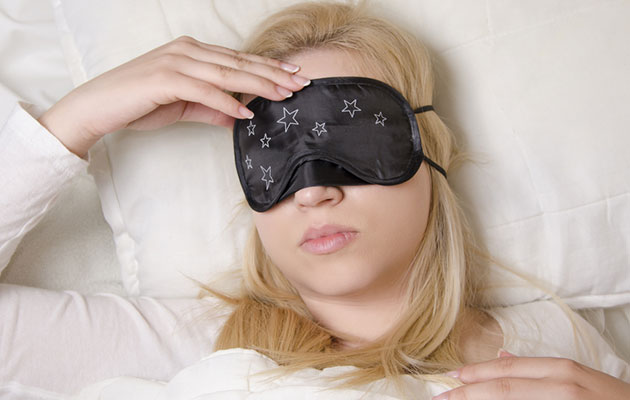
The most common sleep disorder is insomnia or sleeping too little. You may find it hard to get to sleep or alternatively wake up several times during the night – or both. You may feel that your sleep feels light or fragmented and you suffer from low energy the next day.
Sleep apnoea is a common sleep disorder where you stop breathing temporarily due to a blockage in your airways. This leads to interruptions in your sleep as you wake due to lack of breath. Sleep apnoea is often found in those who snore loudly and can make you feel tired all day.
Restless legs syndrome leads to an almost irresistible urge to move your arms, or more commonly, legs when you are trying to rest. This is often caused by tingling sensations, feeling uncomfortable or aching in your limbs.
If you are going through the menopause, sleep may become more challenging due to the hormonal changes which can impact your body’s internal temperature monitoring systems. Night sweats can make sleep difficult to come by as well as making you feel very hot and uncomfortable in bed.
Herbal remedies for sleep
Many people find herbal remedies useful in getting them off to sleep. Using natural remedies such as passion flower, valerian or lavender aromatic oils as part of aromatherapy can aid relaxation prior to sleep.
Valerian
Sometimes described as nature’s tranquilliser, valerian grows wild in North America and Europe although it is also cultivated for medicinal purposes. Valerian has been taken for centuries to treat nervous anxiety, reduce muscle tension and relieve mild insomnia. Nicholas Culpepper, the famous 17th century herbalist, along with many old writers recommended the use of both the herb and root, and praised valerian for its longevity and many comforting virtues.
How does Valerian work?
Valerian can help to beat insomnia and improve sleep quality. It is especially valued for its lack of side effects compared to more conventional sleep remedies, which can leave you feeling groggy and tired in the morning. It is non- addictive and works by calming the brain and body rather than inducing sleep directly so sleep can occur naturally.
Passion flower
Native to South America, this climbing shrub can grow as high as 9m and is widely cultivated throughout Europe. It produces wonderful showy flowers with white petals surrounded by a crown of pink or violet filaments and large stamens with orange coloured sacs.
Passion flower was valued by Native Americans mainly for its ability to heal bruises and wounds. Later herbal practitioners valued the plant for its calming, sedative and pain-relieving actions and it has been used over the years for anxiety, fatigue, and insomnia.
How does Passion flower work?
Passion flower is widely used in remedies for anxiety and nervous tension where it is often found combined with valerian and/or hops. It can also help soothe period pains and tension headaches. Passion flower is often used for insomnia especially when the root cause is nervousness. It is often combined with Valerian and is popular for its gentle, non-addictive sedative properties.
Valerian can be found in NiteHerb – a traditional herbal medicinal product used for the temporary relief of sleep disturbances due to symptoms of mild anxiety.
Valerian and Passionflower can be found in combination in Bonuit Sleep Aid – a traditional herbal medicine used to temporarily relieve sleep disturbances and symptoms associated with stress, such as mild anxiety. This product may be useful if your sleep disturbance is down to stress.
How much sleep do you need?

The amount of sleep that you need varies enormously from person to person. Babies tend to sleep for around 17 hours a day, with older children needing around 9 to 10 hours sleep each night. Adults generally require around 7 – 8 hours’ sleep per night. Older people generally need a similar amount but tend to only sleep deeply for around 3-4 hours per night.
After several sleepless nights, you can end up feeling tired all the time. You may find it difficult to concentrate or make decisions. You may even start to feel depressed. If it continues, a lack of sleep can affect your health making you more likely to suffer from high blood pressure or diabetes. It can also contribute to feelings of stress and anxiety.
How to get a good nights’ sleep

- Exercise often helps you sleep, but avoid exercising just before you go to bed.
- Write down your worries rather than fret about them while you’re trying to sleep.
- A warm bath before bed can help.
- Try not to eat large meals before bedtime.
- Drinking alcohol may also disturb your night’s sleep, though sometimes a small night-cap can help you to fall asleep.
- Cut down on drinks containing caffeine (coffee, tea, cocoa, and cola), especially late at night.
- Make sure you have a comfortable bed. The bedroom itself should be well ventilated and as cool and as dark and quiet as possible.
- Don’t go to bed until you feel tired.
- Sex just before bedtime can both promote and impede sleep. Men may sleep well after sex, whereas women may liven up.
- Read a book until you feel dozy. Get up again if you are not able to sleep within half an hour. Sit down, read the paper, listen to some music and go back to bed half an hour later.
- Get up at the same time every morning. Set the alarm and get out of bed quickly, even if you have had a late or sleepless night. This way, at the end of the day you’ll probably feel tired and sleepy at just the right time. If you do this for a sufficient number of days, you will successfully adjust your inner clock and get tired when you need to.
Sleep and the Menopause

If you a woman of a certain age and you are starting to wake up drenched in sweat in the middle of the night, chances are you are approaching the menopause. The hormonal fluctuations that occur at this time of life can confuse your body’s warming up and cooling down systems and as a result you break out in a sweat whatever the temperature. This can make getting to sleep, or staying asleep, very challenging.
As well as keeping your bedroom as cool as possible, and trying then above sleep remedies, natural herbal remedies specifically to relieve symptoms of the menopause may help you to get a better night’s sleep.
MenoHerb is traditionally used for relieving symptoms of the menopause including hot flushes, night sweats and temporary mood changes.
MenoMood combines Black Cohosh with St John’s Wort – a traditional herbal remedy used to relieve symptoms of anxiety and low mood.
Black Cohosh should not be used if you have had breast cancer or another ‘hormone’ driven cancer and is not recommended for long-term use. Always read the label and consult a healthcare professional if you are unsure.
Can what you eat help you sleep?

Diet plays a huge part in our overall health and certain foods can actually help you get a better night’s sleep. What we eat can have a really positive effect on sleep patterns.
Clinical Nutritionist, Suzie Sawyer, shares her five top foods for aiding restful and restorative sleep.
OATS
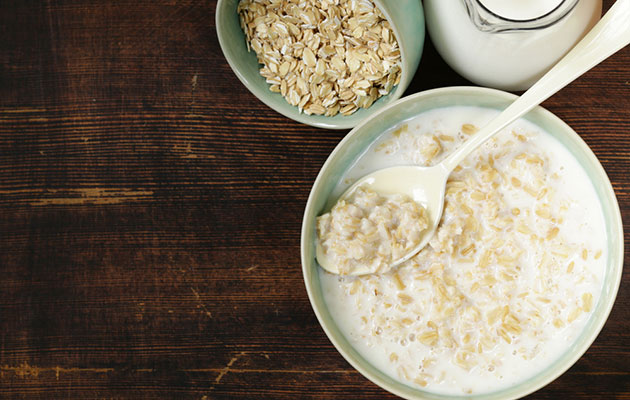
Oats not only make a great breakfast but they are a wonderful choice if you’re struggling to sleep! They’re high in the amino acid tryptophan and vitamin B6 which are essential for the body to produce melatonin – and why is this important?
Melatonin is the sleep hormone. It’s naturally produced in the hours of darkness, which is why having a dark room for sleeping is so important. Melatonin is produced from the amino acid tryptophan, therefore foods containing high levels of tryptophan, such as oats, are great for aiding sleep. Even better, because oats also contain vitamin B6 (which is also needed for making tryptophan) it’s a win-win situation!
Not only that, but if you eat your oats with milk (as you normally would), milk is also high in tryptophan, which is why having a glass of milk before bed is also a good idea. So, why not think about swapping what you might eat for breakfast and having it as a snack, an hour before bedtime?
ALMONDS

If you’re struggling to get a restful night, then having a few almonds as a snack before bedtime might just do the trick.
As with oats, almonds are high in tryptophan. They are also packed with omega-3 fats which are needed for hormone balancing. This is important because the sleep hormone melatonin is part of our whole body’s hormone system, and all hormones need to be in balance for optimum health.
Almonds also have a great mineral profile; they are high in magnesium which has been indicated to help insomnia. In fact, many people find their sleep is improved by taking a magnesium supplement before bedtime. However, with almonds containing around 20% of your daily recommended magnesium needs, eating the real thing is always the preferred option. Eat around six almonds half an hour before bedtime.
CHERRIES
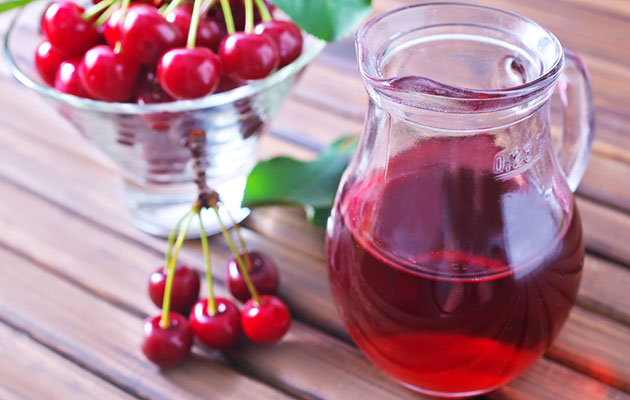
Tart or sour cherries, properly called Montmorency cherries, are high in melatonin and also tryptophan. In a recent study[1], older adults were given tart cherry juice twice a day for two weeks. Results showed that their time asleep increased by around 90 minutes, which was a significant improvement.
Of course, it’s not just older people who struggle to get some rest as night. The beneficial effects of tart cherries on sleep have been vigorously studied in a number of different age groups, and positive results have been reported.
Cherries also contain high levels of anthocyanins, packed with antioxidants which help stop the ageing process. It’s the combination of these and melatonin that provide the beneficial effects on sleep. The most palatable way to have tart cherries is in juice form.
BANANAS

Delicious and nutritious bananas are a great snack at any time plus they can help you to get some shut-eye! Their amazing nutrient profile contains both magnesium and potassium – muscle-relaxing minerals – and just like Oats they are high tryptophan and vitamin B6.
If you’re having trouble falling asleep then a snack of a warm milk drink (high in calcium, which is another relaxing mineral) with a banana an hour before bedtime, could provide the answer.
CAMOMILE TEA

There are a wealth of herbal teas available in supermarkets, many claiming to help you to sleep. Whilst there’s not too a huge amount of evidence to support this, anecdotal reports on camomile are extremely positive. Many teas also contain hops which appear to have a relaxing effect.
Camomile seems to work by calming and relaxing the nervous system, which is key to achieving restful sleep. Camomile tea is caffeine-free and as we know, all caffeine should be avoided for at least four hours before bedtime if you’re struggling to get some rest. Drinking a cup of camomile tea, without any sugar, an hour before bedtime can really help the body to wind down before climbing into bed.
As with so many things in life, what works well for one person may not work so well for another – we’re all individuals! It’s simply a question of trying these different foods and drinks to see what works for you. The great news is that there are so many options, and with perseverance you’ll be sure to find the right combination for you!
[1] Lui AG et al. Tart cherry juice increases sleep time in older adults with insomnia. Experimental Biology April 28 2014

